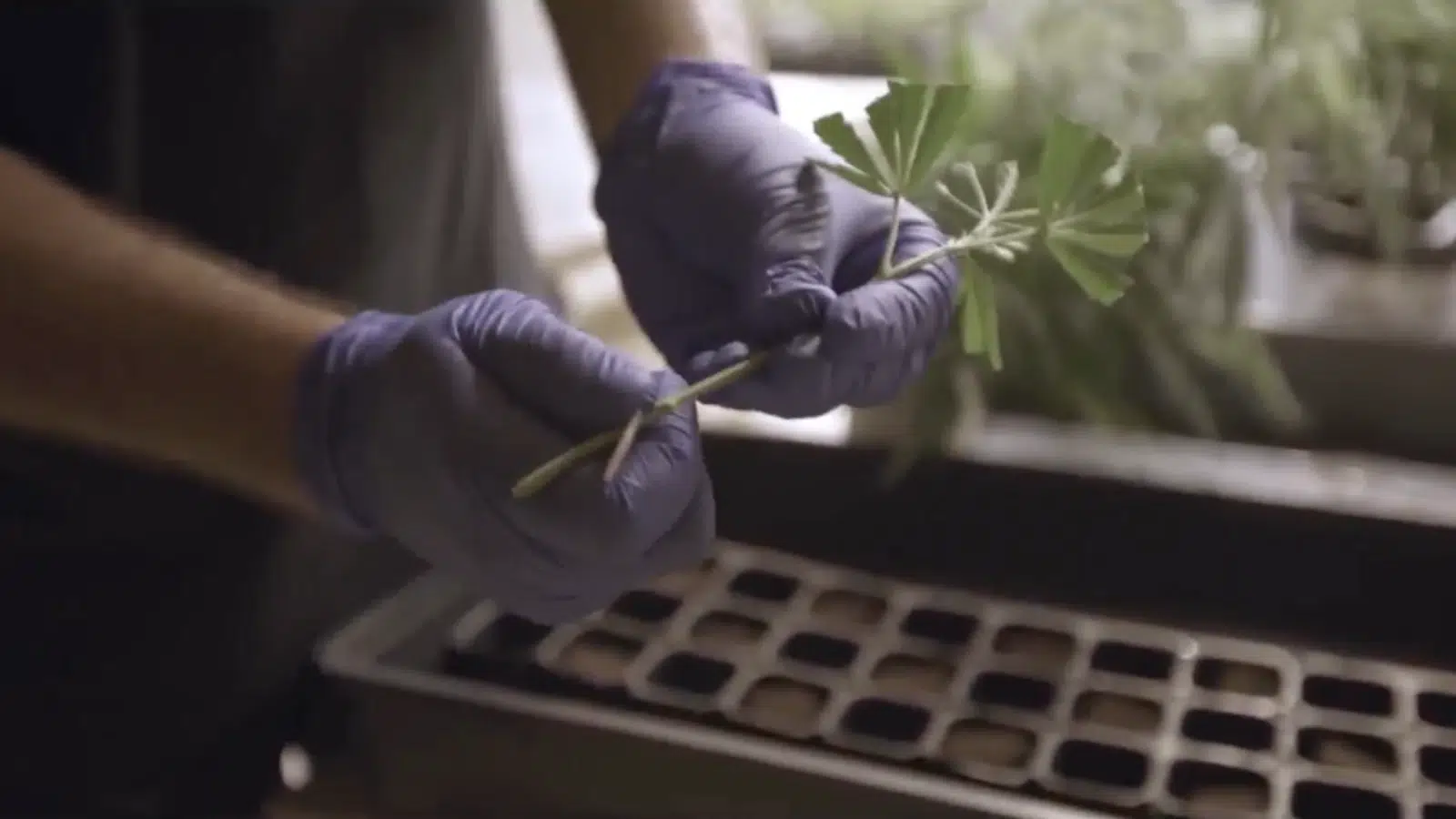
Pioneering Initiatives Set to Liberate Hemp’s Potential in Boosting UK’s Economy and Tackling Climate Issues!
Introduction
In the last year, pivotal schemes that could reshape the UK’s cannabis landscape have started cropping up. Spearheading the charge are programmes that offer a tantalising new revenue stream for the country’s industrial hemp farmers: carbon credits – an underexplored opportunity that’s starting to turn heads in the investment-hungry UK cannabis scene.
Despite numerous contentious debates surrounding carbon credit markets, the potential for significant economic and environmental benefits is clear. Carbon credits, combined with a majorly anticipated research project, could tip the scales in favour of the long-overlooked hemp industry. The UK’s economic and climate scenario might be on the brink of a major breakthrough.
Key Takeaways:
- A new wave of schemes aimed at offering carbon credits is gaining attention from the UK cannabis sector.
- Carbon credits could provide an additional and potentially significant revenue stream for industrial hemp farmers.
- The British Hemp Alliance foresees a bright future for the hemp industry in the upcoming years.
The Future of Hemp
British Hemp Alliance founder Rebecca Shaman recently declared that hemp, once the neglected Cinderella of the cannabis industry, might soon gain immense recognition. “We’re going to see hemp be considered a really, really important crop for the future,” swore Shaman during her address at the Business of Cannabis.
Carbon credits, as it stands, offer businesses a mechanism to offset their carbon emissions by financing projects aimed to reduce carbon footprints. Expert Jamie Bartley discloses that hemp’s unique carbon sequestration properties are the key to high-value carbon credit generation. However, he also warns that solely counting on hemp-based carbon credits isn’t a viable primary income stream as of yet.
A Promising Research Project
The promising news is a £5.9m research project revealed this June. Supported by a consortium of 22 industry and research partners, including Unyte and the British Hemp Alliance, this four-year-long initiative plans to dive into the carbon sequestration properties of five rotational crops, among which is industrial hemp.
“We could be one of the leading countries doing that,” Ms Shaman asserts confidently, explaining that this initiative could bring credibility and a robust methodology to the carbon credit market.
Regulatory Challenges
While hemp continues to push boundaries, existing regulations pose significant impediments to the industry. Industrial hemp farmers are still penalized as per the Proceeds of Crime Act (POCA), despite the THC content of their crops. Tenacious Labs CEO and APPG secretariat, Nicholas Morland, believes adjusting POCA could eliminate most of these barriers.
“Without POCA saying there is a limit below which it is legal, nobody can provide services. It’s got nothing to do with the cannabis industry, but everything to do with Barclays, NatWest and Santander”, states Morland, hinting at a potential shift in legislation to accommodate the emerging cannabis industry.
What British Cannabis™ has to say:
At British Cannabis™, we understand the monumental promise that hemp and carbon credits hold for our economy and our fight against climate change. The progressive schemes, intensive research projects, and potential legislative changes highlight the heightened interest and inevitable advancement in hemp utilization. We are effervescent with excitement to witness the evolution of the hemp industry and the positive impacts it will bring to the UK’s economy and climate.
Share this post
Newsletter







